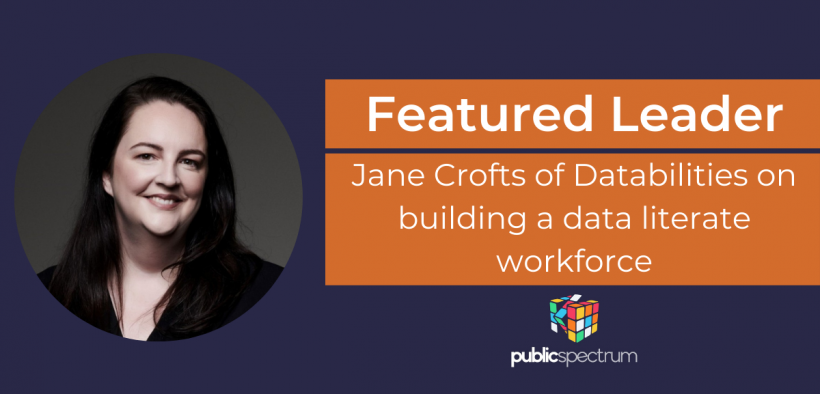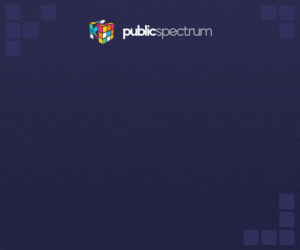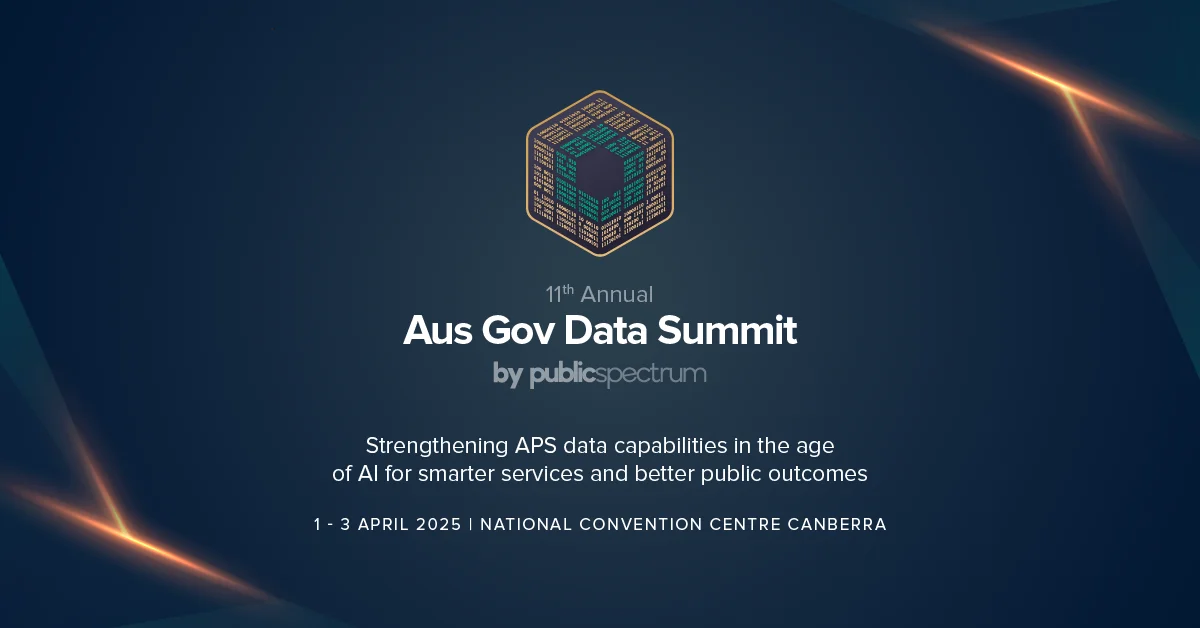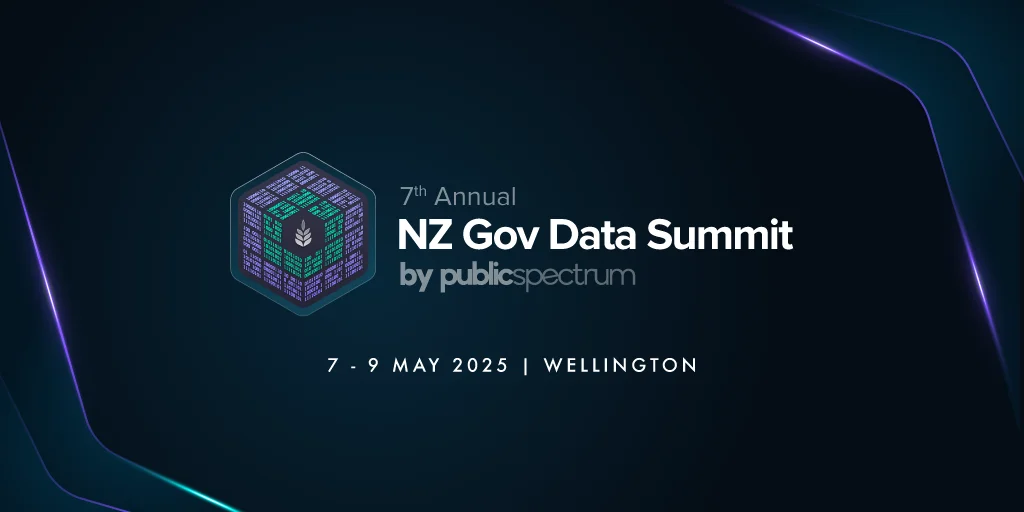Featured Leader: Jane Crofts of Databilities on building a data literate workforce
Share

As the world becomes increasingly dependent on data, the skill of data literacy no longer falls on a select few.
Companies are starting to realise that its ability to understand data is linked to its success, but with data professionals already too few, businesses will soon have to turn to its existing workforce.
In this in-depth interview, Domenica DeCrea asks Databilities® originator Jane Crofts to probe more into the growing importance of a data literate workforce.
DD: Can you give us a brief overview of what Data Literacy really is? And why organisations should care about data literacy?
JC: Just as literacy is our ability to read, write and comprehend a language, data literacy is our ability to read, write and comprehend data. Data literacy isn’t a new concept and many organisations have the intention to perform better in this area, but most have been slow to act and the cracks are starting to appear.
Businesses worldwide are searching for and hiring more data professionals, but the talent pipeline for these roles is insufficient. There aren’t enough data scientists, engineers or analysts to go around, and the demand for data professionals isn’t going to slow down either.
The solution here for corporate Australia isn’t somehow uncovering an untapped source of ready-made data professionals, rather it’s to increase data literacy among the current workforce. If the permeation of data into every aspect of our lives has taught us anything, it should be that data is no longer a niche field that only IT departments and app developers need to worry about.
Traditionally, our organisations have been comprised of “data” and “non-data” roles, but the “data” and “non-data” groups have struggled to speak to each other – they have found it difficult to recognise and contribute their respective expertise because they lacked a common language.
Data literacy can fill this gap. Data roles that can understand and incorporate the experience and knowledge of their non-data colleagues will be better for it, and non-data roles that learn to speak this language as a way to contribute their experience will thrive in the data-driven economy.
Not every person within an organisation needs technical data science skills, but what every organisation urgently needs is a data literate workforce.
DD: What are the real advantages of building and nurturing a data literate workforce in terms of business outcomes and ROI?
JC: There is a huge cost attached when only a small number of people in a company are part of the conversation and this is what happens when select roles only, such as the data scientists, engineers and analysts, “speak” data. How can other departments and specialists provide input if they don’t speak the same language?
Organisations that are able to tap into the untold wealth of data and entwine that with the knowledge and experience of their entire workforce will become the market leaders of their industries, and we’re starting to see this occur globally.
You only need to look at a company like Airbnb to see how an appreciation of, and ability to understand and use data across all levels of a business provides a huge competitive advantage. Airbnb used data to better understand users’ needs and to build an enhanced service for its customers. The company’s proactiveness in leveraging the power of data made its product so compelling and efficient that it now poses a threat to the entire hotel industry.
Improving data literacy at an organisational level isn’t just about filling a role, it has the potential to exponentially improve every aspect of a business.
Products, services and personalised experiences all become richer and more relevant with contributions from everyone in an organisation, and not just from a single siloed team. Yes, we need data roles to do the heavy data lifting, but it’s the non-data roles that make the data matter by enhancing it with meaning, context and human experience.
DD: What mistakes do you see organisations making when it comes to building a data literate workforce, and what ‘top 3 tips’ would you share to help organisations avoid making these mistakes?
JC: The biggest mistake I see is the disproportionate investment in systems and tools as compared to the people. There are a lot of talks these days about ‘democratising data’, ‘enabling self-serve’, and ‘empowering citizen data scientists.
This trend towards enabling and empowering all functions of the organisation to access, interpret and act on the data at its disposal is creating great opportunities for those who may not have had these responsibilities before, but while organisations all over the world are spending billions implementing the latest and greatest tools and systems to enable this, many are forgetting a critical piece of the puzzle — the people.
If the people within an organisation are not equipped with the skills and competencies to read, write and comprehend data in their organisational context, we’re burdening them with accountability that they’re not prepared to fulfil. It also contradicts the original intention of empowering people to make great decisions, implement new initiatives, and develop new and innovative products and services. It doesn’t matter how bright and shiny the systems and tools are if our people aren’t confident and capable to get the most out of them.
Three tips to help organisations avoid falling into this trap:
Communicating the importance of data literacy and building excitement around it is the first crucial step for any organisation. Data literacy needs to be framed as a priority and a concern for everyone in the organisation, not just a select few.
In laying the foundations for a data-driven culture, it’s also important to find your ‘data champions’. Across an organisation there will be hidden, passionate data champions who will be crucial in supporting others in using data day-to-day.
Once data literacy has been established as a priority for the business, the key to building it across the organisation is to measure current levels, map a pathway, and develop people’s capabilities.
It’s difficult to improve on anything if you don’t know where you’re starting from – therefore it’s critical to measure individuals’ existing levels of data literacy before designing or implementing any programs. There are several tools available to help measure current levels of data literacy across the organisation, including our Databilities® assessment which is freely available online.
From here, you can map what ‘good’ looks like for the organisation going forward. This will likely vary at different levels and across different roles within the organisation and identifying this will help you to prioritise your efforts and direct resources strategically.
Now that you know where you’re starting from and where you’re going, it’s a matter of focusing on the gap in between. There is an ever-growing domain of tools, templates, and training modules available to develop tailored education and information programs to address specific areas and foster a truly data-driven culture.
Lastly, it’s important to regularly reassess and celebrate progress to date, measure incremental improvements, identify gaps and make changes to your data literacy program as needs arise. Successful programs will not be a one-hit-wonder or a ‘set and forget’ activity. Effective programs will continue to adapt to the evolving needs of the organisation and technological advancements.
DD: Can you tell us more about the Databilities® framework, and how that’s driving the ability to measure data literacy both at an individual and organisational level?
JC: Databilities® is the foundation of our approach. It allows us to identify, prioritise and measure the impact of capacity development initiatives. Databilities® is the world’s first, evidence-based data literacy competency framework which outlines 15 core competencies across the dimensions of reading, writing and comprehension. Databilities® is recognised as the most comprehensive assessment tool of individual data literacy in the world.
The competencies outlined in Databilities® are:
Reading
- Data Discovery
- Evaluating and Ensuring Quality of Data
Writing
- Data Collection
- Data Management and Organisation
- Data Manipulation
- Data Curation and Reuse
- Metadata Creation and Use
- Data Conversion (Format to Format)
Comprehension
- Data Analysis
- Data Interpretation (Understanding Data)
- Identifying Problems Using Data
- Data Visualisation
- Presenting Data (Verbally)
- Data Driven Decision Making
- Evaluating Decisions / Conclusions Based on Data
Leveraging the Databilities® framework, we are able to deliver a research-backed, scalable approach to data literacy, assisting organisations to measure, map and develop data literacy across their entire workforce.
Our Global Data Literacy Benchmark study – also measured against proprietary Databilities® framework – means we’re uniquely placed to help organisations understand how they measure up against competitors, other businesses in the region and different occupations.
With the age of digitalisation, organisations need to quickly recognise the value of data literacy. While these skills provide a huge competitive advantage and potentially huge returns for businesses, they must also be leveraged as a point of empowerment for employees because what lies at the core of this strategy is people.
Domenica DeCrea is a senior event and content producer with 10 years’ experience working in B2B media and communications across Australia and Asia.
She designs and curates’ content and media to help professionals gain insights on the innovative and disruptive trends that are shaping their roles and impacting their industries.
Her expertise is collaborating with industry to co-create learning content and experiences that provide linkages to innovation, ideas and disruption to help them up-skill and improve their commercial outcomes.
She has a passion for platforming how new technologies will continue to enhance our lives and the way we work, and how disruption will continue to challenge us to rethink and redesign the world we live in.
Domenica is also passionate about using Technology and Business as a force for good, and is the co-founder of Telelay, an early stage start-up on a mission to provide first time telecommunication access to 170 Million Deaf and Hard of Hearing individuals across Asia.






















